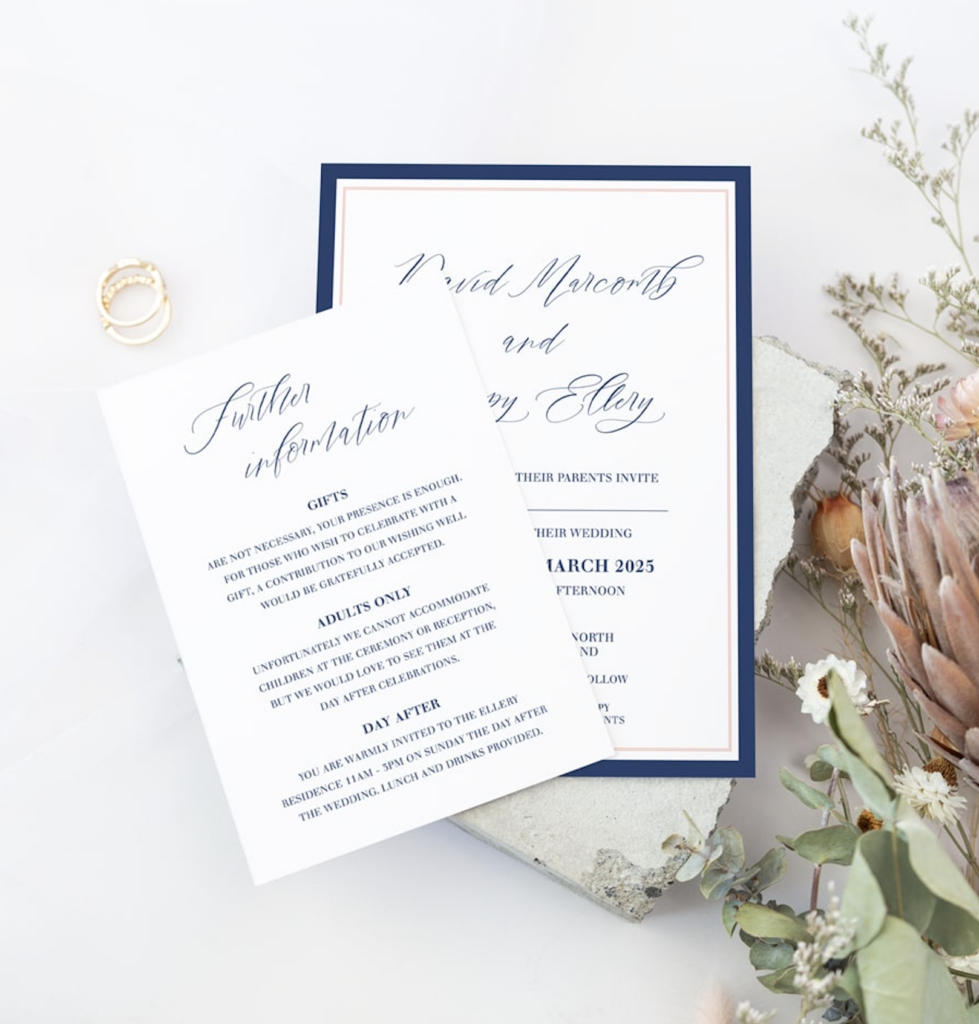Weddings are joyous celebrations that bring together family, friends, and loved ones to share in the magic of a couple’s special day. It’s a time filled with love, laughter, and lasting memories. But the process of planning a wedding also involves countless decisions, each shaping the event into the perfect vision you have in mind. One choice that many couples grapple with is whether to have a child-free wedding. The decision to exclude children from your wedding day can be a delicate matter, as it’s bound to stir some emotions and perhaps even a bit of controversy among your guests. Yet, it is ultimately your celebration, and creating the experience you want is entirely your prerogative.
If you’re leaning toward a child-free wedding but feeling unsure about how to communicate this to your guests in a way that is respectful and considerate, you’re not alone. Many couples have navigated this terrain with grace, and you can too. By approaching the topic thoughtfully and planning how you’ll convey your decision, you can ensure that your guests feel appreciated, even if they can’t bring their little ones along. Let’s explore how to do this in a way that is kind, clear, and considerate of everyone involved.
Ground yourself in the reasons behind your decision
Before you start thinking about how to communicate your choice to your guests, take a moment to reflect on why you’ve decided to have a child-free wedding. This step is more important than it may initially seem because being clear about your reasons will help you stand by your decision confidently, even if it leads to difficult conversations later on.
Perhaps you envision your wedding day as an elegant, intimate evening where your guests can unwind, enjoy a glass of champagne, and fully immerse themselves in the festivities without the distraction of little ones. Or maybe the choice is driven by practical concerns—perhaps the wedding venue you fell in love with has safety hazards for children, or you’re working with a tight budget that doesn’t allow for the added costs of accommodating young guests. Some couples prefer to avoid the unpredictability that children can bring, opting for a smooth, uninterrupted flow throughout the ceremony and reception.
Whatever your reasons, being sure of them will not only help you communicate your decision more clearly but will also provide you with the reassurance you need if guests are curious or push back. At the end of the day, remember that this is your wedding, and you deserve to celebrate it the way you’ve always imagined.
Be thoughtful about how you communicate it in your invites

One of the most straightforward yet tactful ways to convey that your wedding will be child-free is by including a clear note on your invitations. However, it’s important to strike the right tone. Your guests are likely to be understanding as long as they feel the decision has been communicated respectfully and with sensitivity.
Instead of being blunt, consider using language that conveys the spirit of your celebration while gently communicating your request. For instance, rather than saying “No children allowed,” you might opt for something softer like, “We kindly request an adults-only celebration to ensure a relaxed and memorable evening for all.” Or, “While we adore your little ones, we’ve chosen to keep our wedding an adult affair so that everyone can enjoy a night of fun and relaxation.” Including this note on your invitations provides clarity upfront, allowing your guests to make the necessary arrangements well in advance. It also sets the tone for the event, subtly letting them know that this will be a sophisticated celebration catered to adult company.
Reach out personally to close family and friends
While your invitations can effectively communicate your wishes to the broader guest list, it’s often a good idea to personally speak to your closest family members and friends, particularly those who have children. A phone call or an in-person conversation shows that you value their presence and are sensitive to the fact that it might be difficult for them to attend without their kids.
When reaching out, aim to be kind but clear. You could say something like: “We’ve decided to make our wedding an adult-only event so that everyone can have a relaxing evening. We completely understand that this might be tricky for you, but we truly hope you can still join us. We would love to celebrate with you.” This extra effort can go a long way in preserving relationships and minimising any feelings of disappointment. It allows people to express their concerns and gives you the chance to respond with empathy and understanding, reinforcing that their attendance is important to you.
Consider offering childcare options
If a significant portion of your guest list includes parents, one thoughtful way to accommodate them is by providing childcare options nearby. This could involve arranging a babysitting service or reserving a space where children can be entertained while their parents enjoy the event. It’s an especially considerate gesture if your wedding is a destination affair where guests are travelling from out of town.
Including this information on your invites can sound like this: “For those with children, we have arranged for a trusted local babysitting service. If this would be helpful for you, please reach out to us for more details.” This solution not only eases the burden on parents but also demonstrates your thoughtfulness and consideration, making it easier for guests to respect your wishes.
Prepare yourself for potential reactions and be ready to stand your ground
No matter how tactfully you communicate your decision, it’s likely that some guests may feel disappointed or even frustrated, especially if they were hoping to include their children in the celebration. It’s important to be prepared for this and to respond with kindness while standing by your decision.
If a guest expresses disappointment, a response like: “We understand that this might be an inconvenience, and we genuinely appreciate your understanding. This decision wasn’t easy for us, but we’re hoping it will create the best experience for everyone involved,” can help soften the blow. Maintaining a compassionate yet firm stance will remind everyone that your choice is about creating the wedding you’ve always envisioned.
Maintain consistency across all communication channels
To avoid any misunderstandings, it’s essential to be consistent in how you communicate your child-free policy across all platforms—whether it’s your invitations, website, or conversations with guests. Mixed messages can lead to confusion, which is the last thing you want when trying to plan a seamless event. One easy way to ensure consistency is to address invitations only to the specific people invited, which subtly signals that children are not included.
Navigating the sensitive topic of a child-free wedding can be challenging, but it’s entirely possible to do so with grace and tact. By approaching the subject thoughtfully and clearly, you can set the right expectations while maintaining the warmth and joy that your wedding day deserves. At the end of the day, remember that this celebration is about you and your partner creating beautiful memories together. So go ahead, plan that celebration exactly the way you envision it, and trust that your guests will come to share in the love, laughter, and unforgettable moments you’ve so carefully curated.













